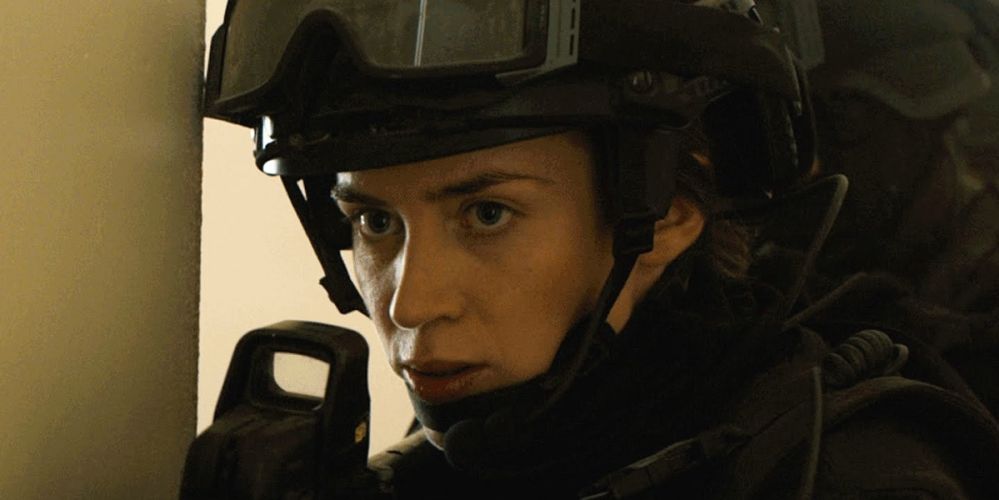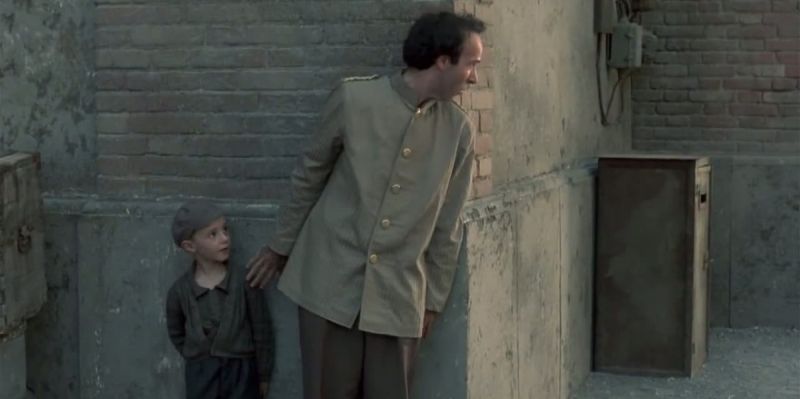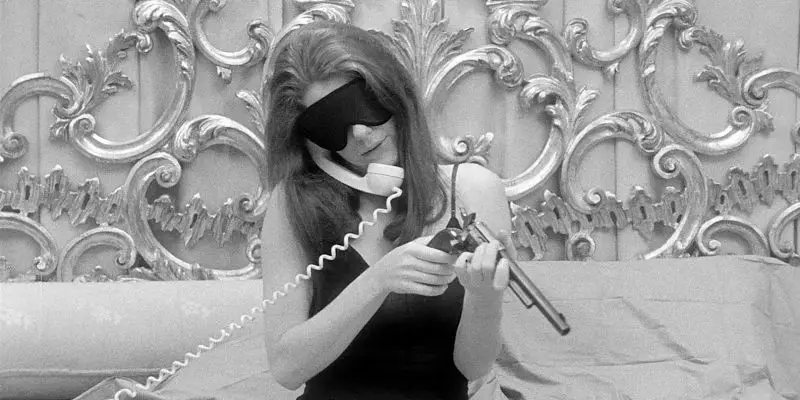war
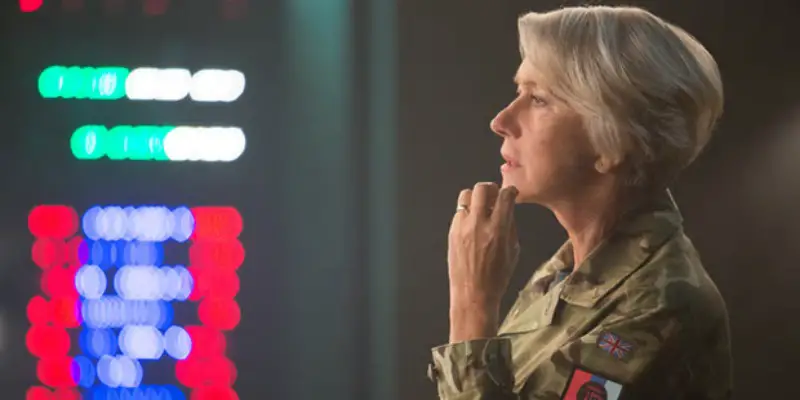
In part one of ‘Gender at War’, we looked at several films which have changed the perception of women in war. Traditionally, women have been pushed to the side – presented as Madonnas (wives, mothers or whores) with no space for them in the gritty action. The increased presence of women as soldiers in war films (instead of passive grieving objects) has forced other questions about the act of war to arise.
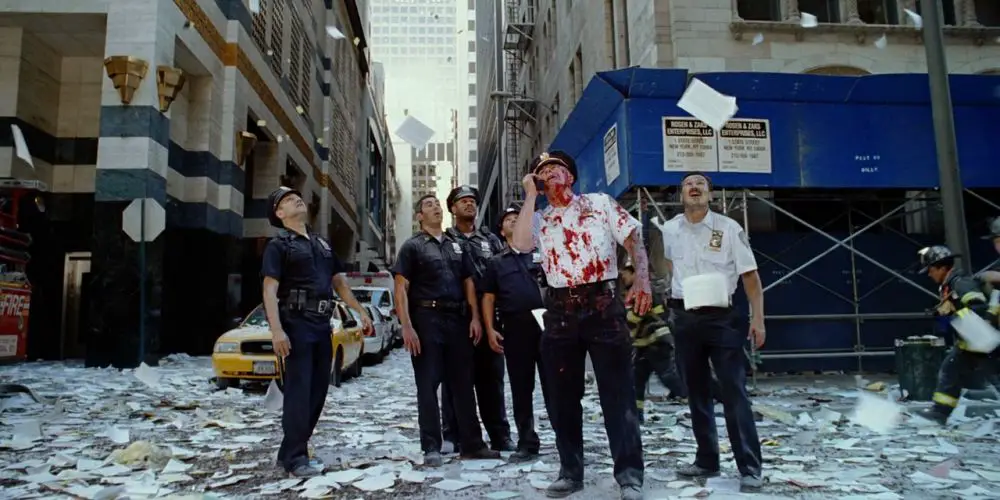
Recently, I had the chance to tour the National 9/11 Memorial and Museum in New York City, which, as you can imagine, is quite a somber experience. Amid the thoughtfully presented exhibits, I started wondering about 9/11 as portrayed in film. Now, when I say “portrayed” I’m not talking tangentially, as when 9/11 is used to jumpstart plot (e.
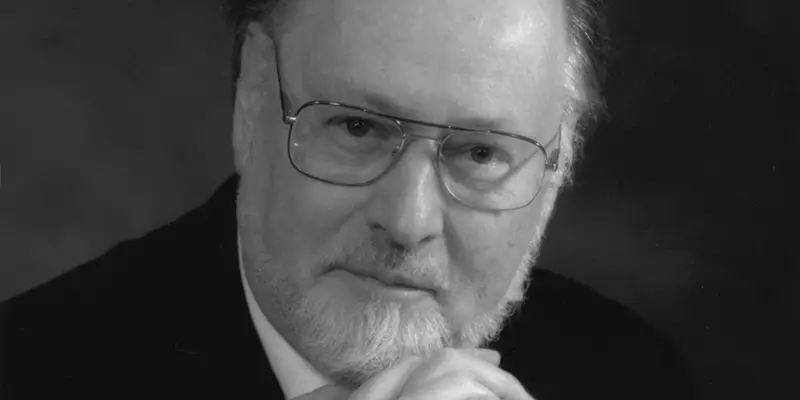
In all production tools of filmmaking, using sound effects is a fundamental factor in capturing a film’s escapist experience and the audience’s reactions. Although sound is not seen on-screen, it does play a crucial role in how films work, and in how it progresses narrative, develops characters and addresses significance. John Williams is an example of a composer whose work has established the importance of music within cinema, and how they play a fundamental role in the entire experience.
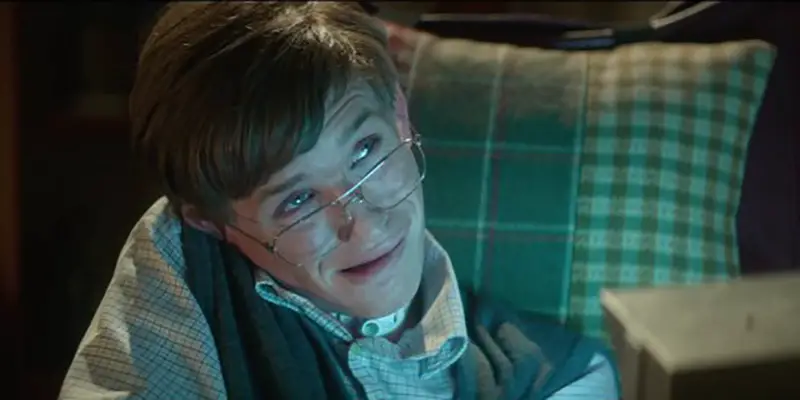
Like all social groups, people with disability have been portrayed in diverse ways in Hollywood, from stereotypical representations in horror to genuine inspirations in melodramas. Disability is represented as a metaphor through imagery or characters’ features, or as a direct subject within the narrative. The entire concept of genre is recycled from elements within society, and the relevant features of each specifically labels the disabled into a certain character type.
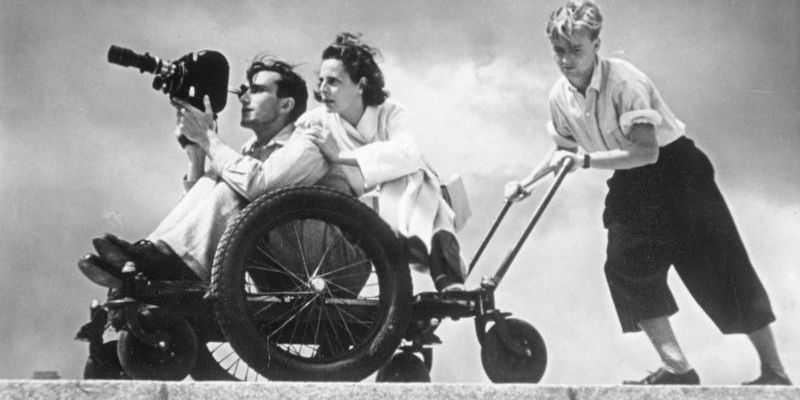
Some of you may have come across Helene “Leni” Riefenstahl, so I hope you’ll forgive the introduction for those who haven’t. Born in 1902 in Berlin, Germany, Riefenstahl defied gender norms and became one of the most successful documentary filmmakers of the 1930s. At a time when most industries, especially film, were dominated by men, Riefenstahl found herself not only directing films but developing new techniques which influenced cinema up to this very day.
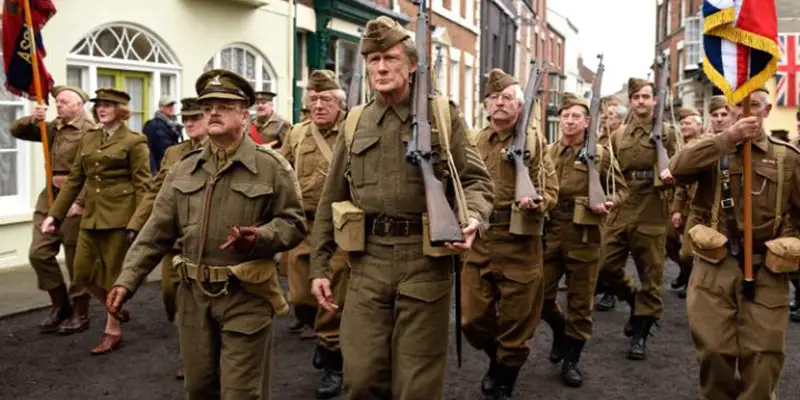
I love the TV show Dad’s Army. Originally aired between 1968 and 1977, it is a show that remains hugely popular to this day, and I can watch it every Saturday night on BBC Two and listen to the radio version every Monday morning on BBC Radio 4 Extra. Like all incredible BBC comedies, it makes up a part of the British psyche and its characters and catchphrases are legendary.

Long maligned no matter the medium, the short film is often seen merely as a launching pad for bigger and better things. However, for documentarians, the short is almost the primary form, as it takes a lot of time, funding and quality footage to come up with a feature-length documentary worthy of release. Thus, for documentary, the short is the rule rather than the exception, and the field is stacked with quality, potent films, more or less unhampered by typical commercial expectations.

The Look of Silence, the harrowing companion piece to The Act of Killing, was released earlier this year to universal acclaim. With the film about to be released on streaming platforms in the US, with a ton of awards nominations heading its way (including a place in the shortlist for Best Documentary at the Oscars this year), Film Inquiry spoke to director Joshua Oppenheimer about the past decade in his life making these films, as well as the new form of documentary storytelling he has pioneered. Alistair Ryder for Film Inquiry:
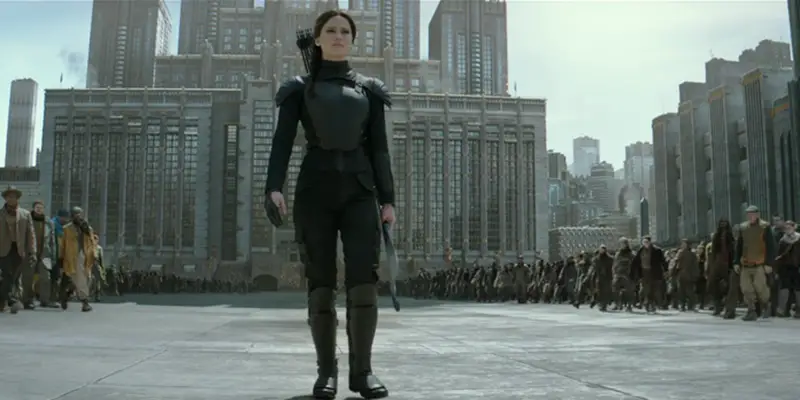
Although initially derided as nothing more than a rip-off of similar dystopian novels (and their subsequent film adaptations) The Running Man and Battle Royale, author Suzanne Collins saw her book series become increasingly popular due to how it tied in with the contemporary societal fear of graphic violence co-existing with inane entertainment. Collins devised the idea for her original 2008 novel whilst at home channel-surfing, with the image of a bleak reality showcased by war reports on news channels making an uneasy bedfellow with the artificial reality of TV talent competitions. A dystopian fantasy that now closely resembles our reality As the adaptation of the final chapters in Collins’ trilogy closer Mockingjay Part 2 makes its way to the big screen, it is less than a week after the world was left horrified by images of terrorism in Paris.

Many filmmakers have made movies about the Holocaust, yet so few are able to portray the atrocities without either becoming exploitative by staging fictionalised versions of some of the worst scenes in recorded history, or by sanitising the events in order to ensure that audiences aren’t left shocked and devastated. Austrian director Michael Haneke has frequently gone on record to claim that the idea of making a film about the holocaust is “unspeakable”, criticising the way a movie like Schindler’s List emotionally manipulates the audience when the subject matter alone should leave every sane person feeling depressed that something like this happened in recent history. Haneke argues that Steven Spielberg staging a sequence where concentration camp prisoners are marched to the shower and then building suspense from whether or not water will come out of the shower heads is the most offensive kind of exploitation; it trivialises a shocking moment of history in order to create nothing more than an action set piece.
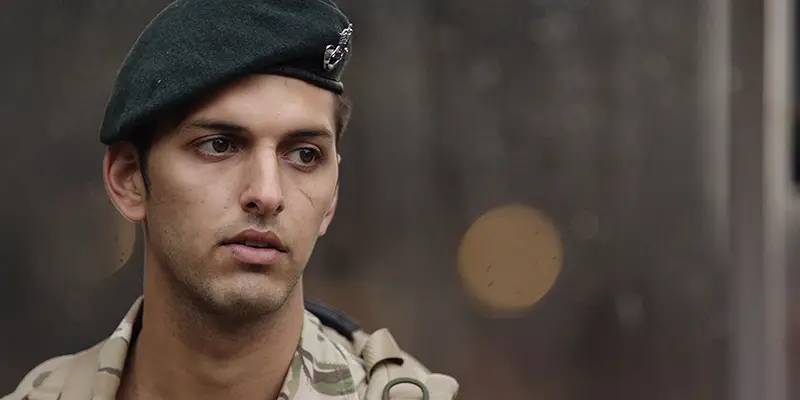
Watch Our Lad here. Our Lad, brought lovingly to life by director Rachna Suri, is a compelling insight into a British Muslim community and the conflict between two brothers. The short film stars Shazad Latif (The Second Best Exotic Marigold Hotel) as a young Muslim soldier returning from Afghanistan to an antagonistic brother and community.


